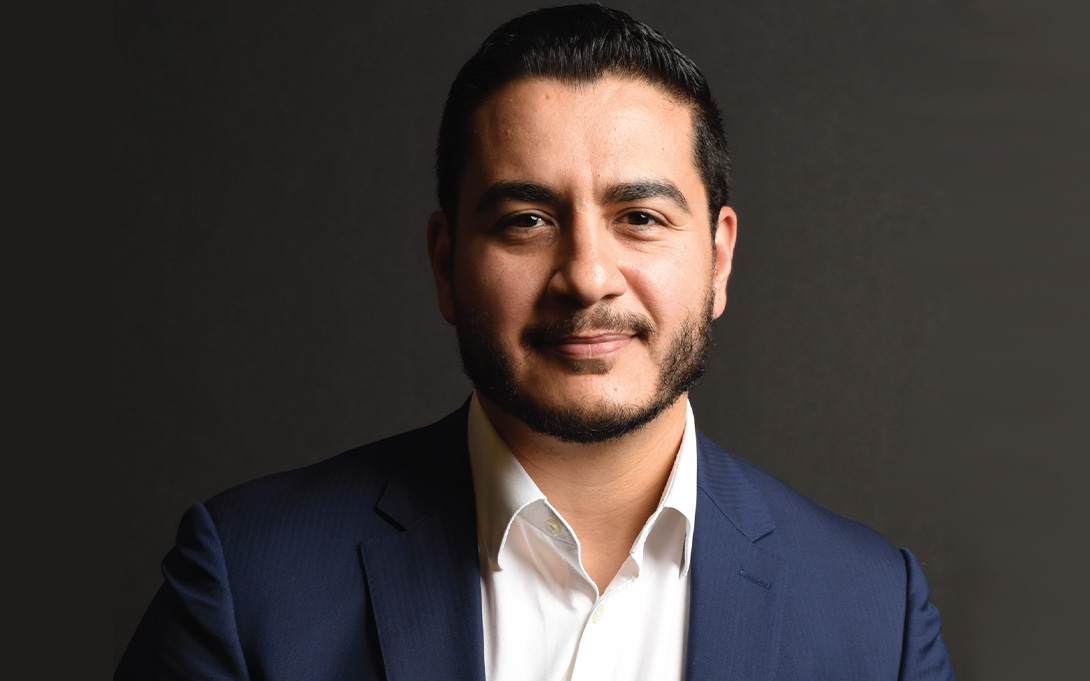
Michigan Politician, public servant, medical doctor, and former public health professor at Columbia University, Dr. Abdul El-Sayed joins the Ford School this Fall as a Towsley Foundation Policymaker in Residence. From serving as executive director of the Detroit Health Department to running for governor to founding Southpaw Michigan––a political action committee to help elect other progressive candidates in Michigan––he brings considerable experience in understanding and addressing the factors that exacerbate health inequality. He is also a political contributor at CNN, has authored two books about healthcare in America, and is the host of America Dissected with Dr. Abdul El-Sayed, a podcast about politics and public health. Join Dr. El-Sayed on November 10 for a public event on health equity, why it matters, and the role of policy in creating equitable outcomes.
Ford School: How do you think we can address exacerbated health inequities excerbated by COVID. especially as we become more politically divided in the U.S. around vaccines and public health measures?
This is the central question of the moment. And it’s not just COVID-19, it’s also climate change, it’s also the catastrophe of America’s healthcare system. How do we make sure that rebuilding systems that have failed Black and brown people means centering Black and brown people? And I think it goes back to economic development. As we “build back better,” the jobs that we create MUST include Black and brown folks. That means building training and education pipelines and assuring that in-community hiring comes from communities hit the hardest.
Fundamentally, though, we need to identify how to rebuild public trust. Black and brown communities have many causes for skepticism. But the business model of social media has exacerbated them. I think it’s going to be difficult to reestablish public health without public trust—and that means taking on the causes of erosion in public trust. I believe that this begins with reforming the laws regulating social media and forcing them to have some “skin in the game,” when it comes to liability for what's shared on their platforms.
What kinds of discussions do you hope to have in your course this semester?
We often think of health as sterile. It’s not. Health is a resource—and not everyone has it. Some people are far more likely to have long, healthy lives. Some don’t. And the predictors of that—race, income, wealth, neighborhood—are the same predictors of almost every other resource. Politics is the process by which we allocate scarce resources. So health is political. I hope that, in our class, we’ll be articulating the contours by which our politics shape health. And how policy can be leveraged within a political space to improve health outcomes and health equity.
Are you working on any exciting projects right now?
The pandemic has dominated a lot of my attention (as it has for so many of us!). There’s just so much uncertainty about not just the future but also the current moment. Much of my work has evolved around trying to help folks make sense of it. I recently got the opportunity to interview Dr. Anthony Fauci for the second time on my podcast America Dissected with Crooked Media. It’s a great platform to share the interactions between policy, politics, and public health. I also write a biweekly newsletter, The Incision, which offers a perspective on the ways that science, society, and political economy shape the moment.
What are you reading or watching right now?
There’s so much to be concerned about at the moment. So when it comes to recreation time, I’m looking for more uplifting material. I’ve really enjoyed Ted Lasso, a humorous, self-deprecating look at what’s most optimistic in us as Americans. I’ve been reading a few books: After the Fall by Ben Rhodes, which is a sobering look at the rise of autocracy around the world, as well as Parable of the Sower by Octavia Butler.